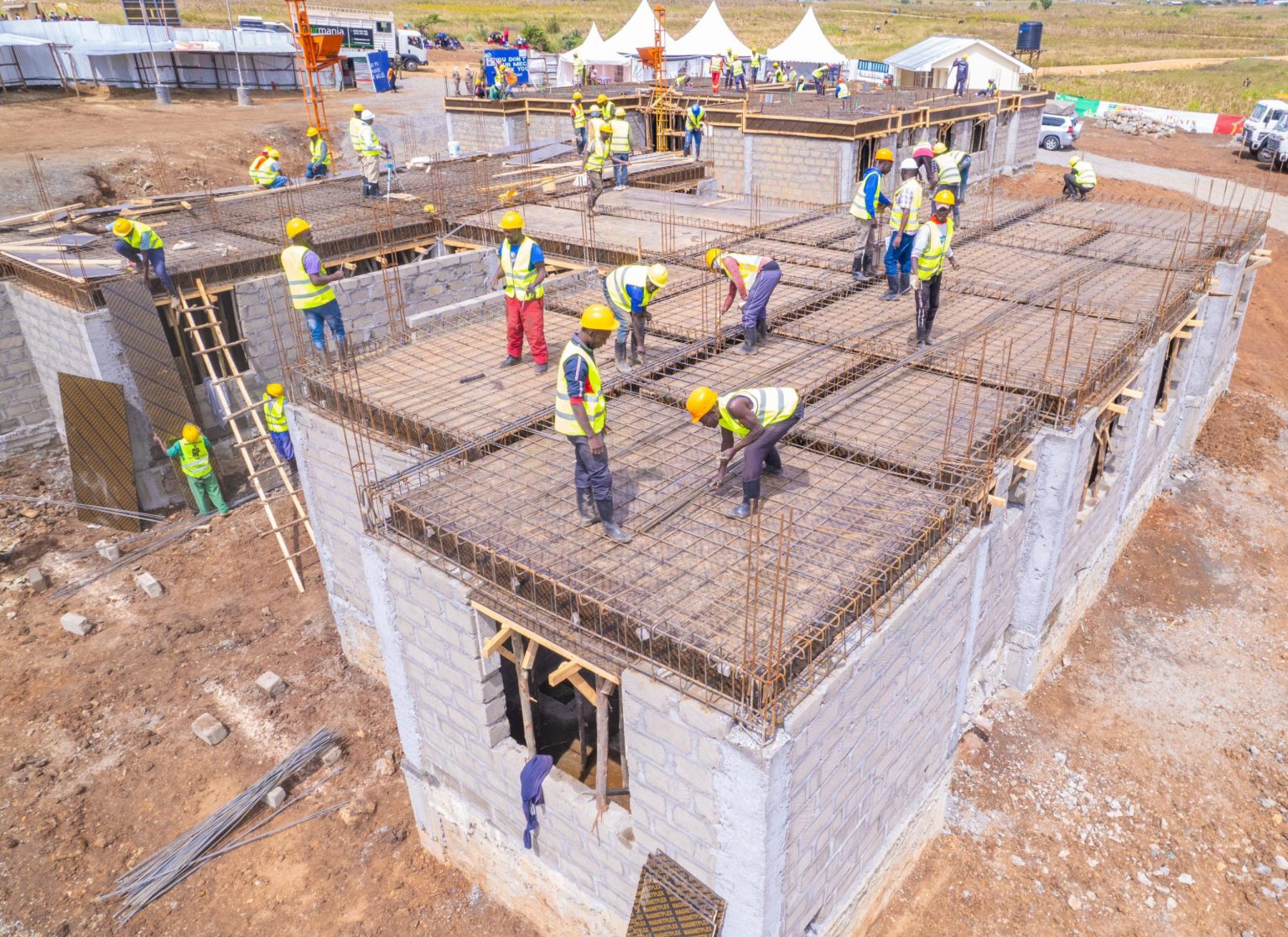African countries especially those highly dependent on fossil fuels could experience rise in inequality due to job losses resulting from green transition.
In a bid to secure the continent’s labour market, experts at the Eleventh Session of the Africa Regional Forum on Sustainable Development (ARFSD) meeting in Kampala, Uganda organized by the United Nations Economic Commission (ECA) are now calling for strategic investments in reskilling and upskilling initiatives tailored for youth and informal sector workers to meet industry requirements.
“The tangible effects of climate change – rising temperatures, extreme weather, and environmental degradation – are already destabilizing job security, forcing communities to relocate, and widening the gap between the rich and poor,” said Andrew Mundalo Allieu, Senior Economist, International Labour Organization Regional Office for Africa.
According to ILO, at least 1.2 billion workers whose livelihoods depend on the natural environment are at risk worldwide. Further study by the organization shows that heat stress for instance is causing a 2.3pc loss in working hours, a figure projected to escalate to 14 million lost jobs by 2030.
The investments which will require collaborations are expected to foster innovative financing to support green projects and strengthening social protection systems to provide vital safety nets for vulnerable communities.
“Public-private partnerships are vital to mobilizing investment and fostering innovation in green sectors, while gender-inclusive approaches are essential to ensure that women equitably benefit from the green transition through participation in decision-making and access to skills development,” said Olapeju Ibekwe, CEO of Sterling One Foundation.
Among sectors where employments risks are averse include agriculture, constriction and services sectors which employ 83pc of African workforce and are more susceptible to climate related shocks.
“As climate change disrupts yields and redefines commodity value, aligning supply chains with regional strengths can reduce risk and boost shared prosperity. Although the costs of renewables are falling, uncertainty still poses challenges. Early investment and coordinated actions are essential to secure resilient and inclusive green jobs,” added Etienne Espagne, Senior Climate Economist at the World Bank.
The carbon market alone is projected to support up to 400 million jobs by 2050.
